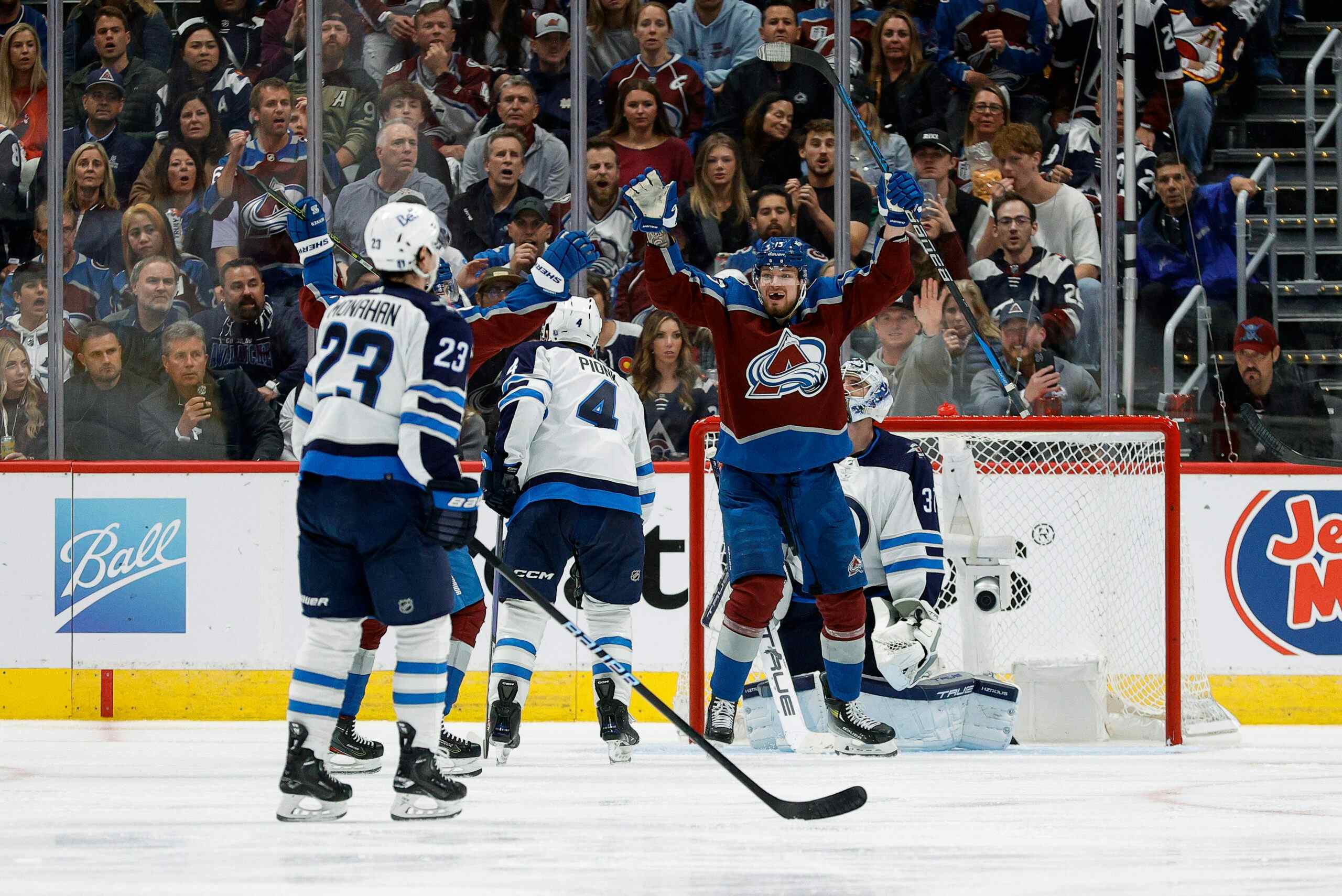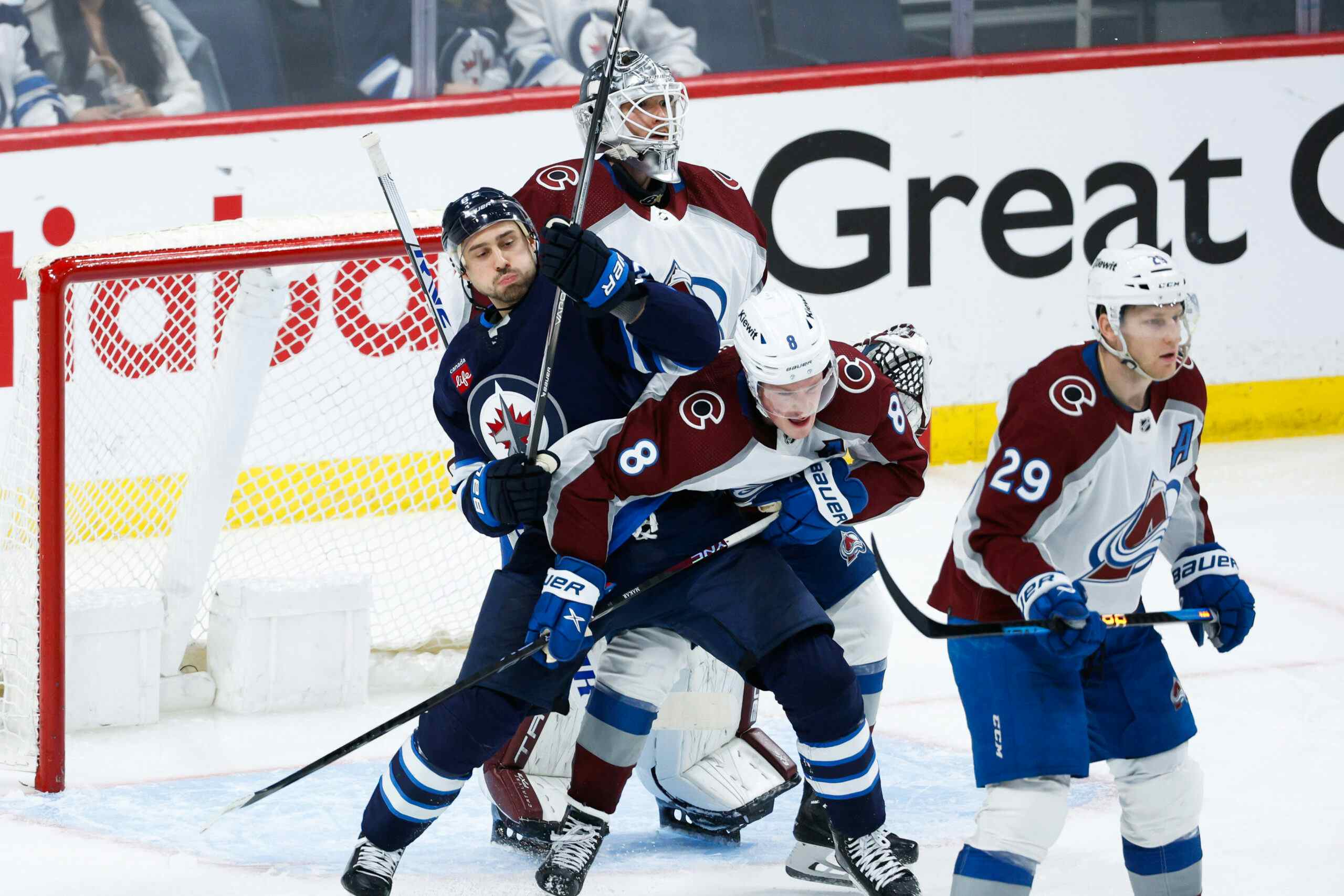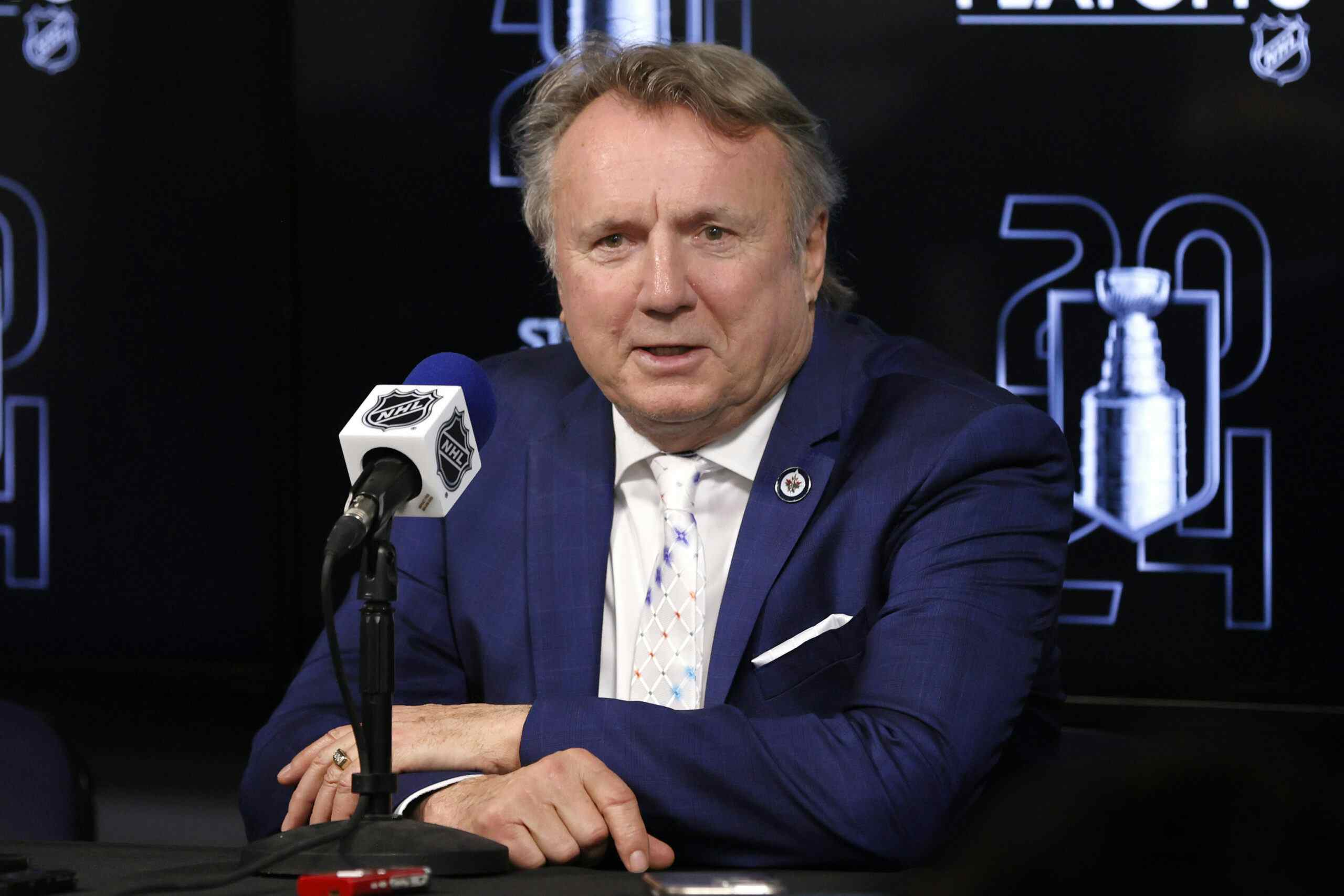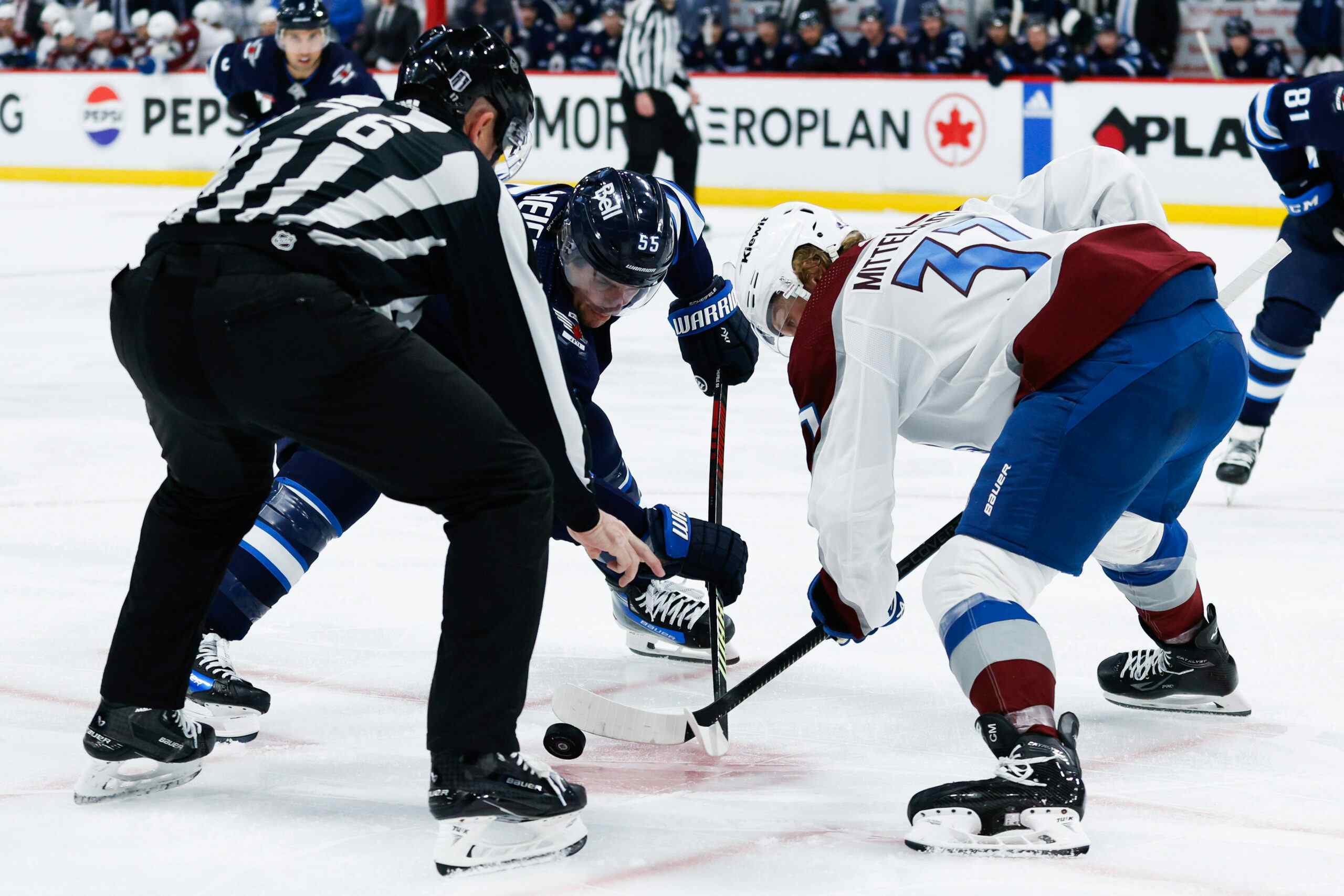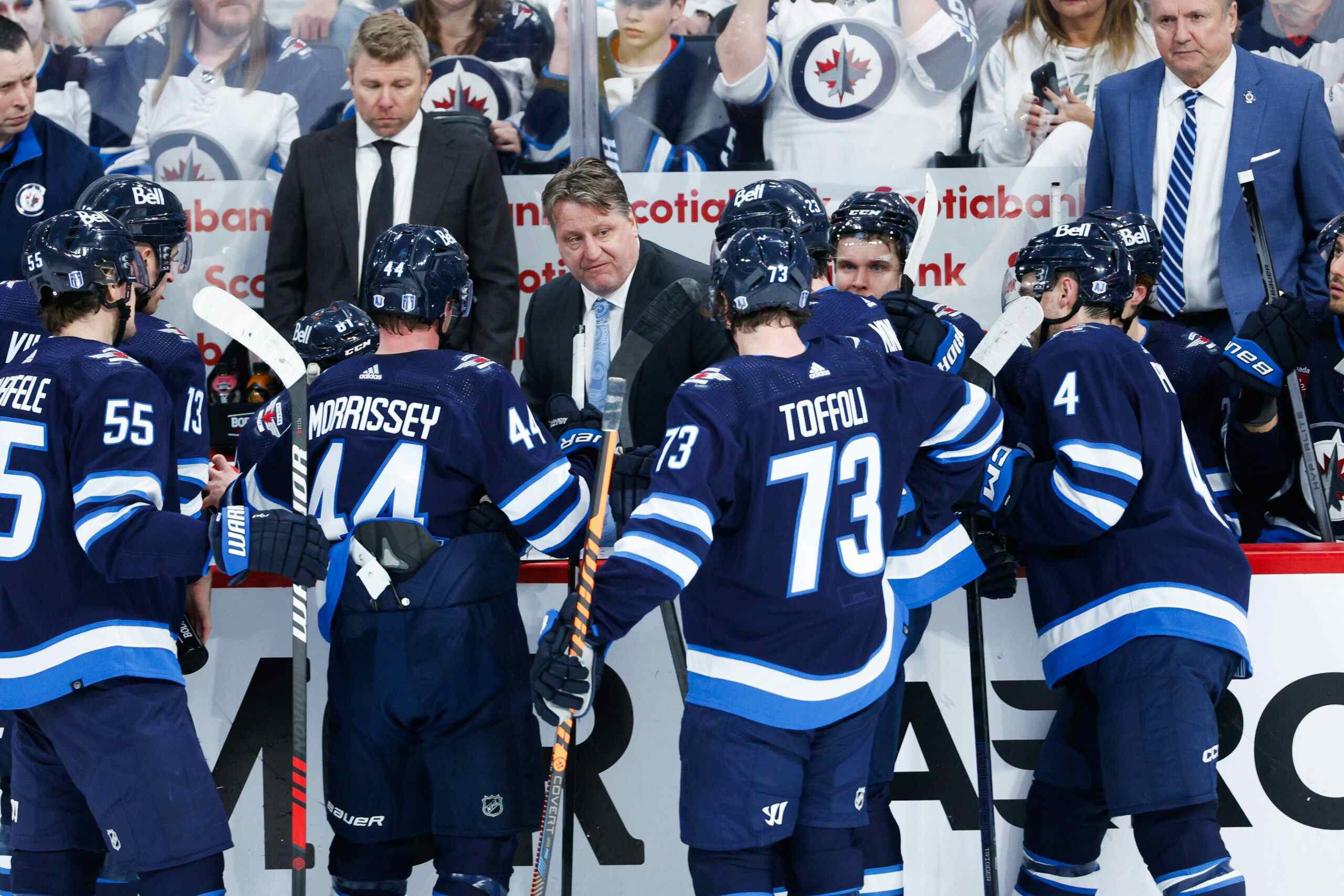The Jets Final Four: Looking At The Pending Arbitration Cases
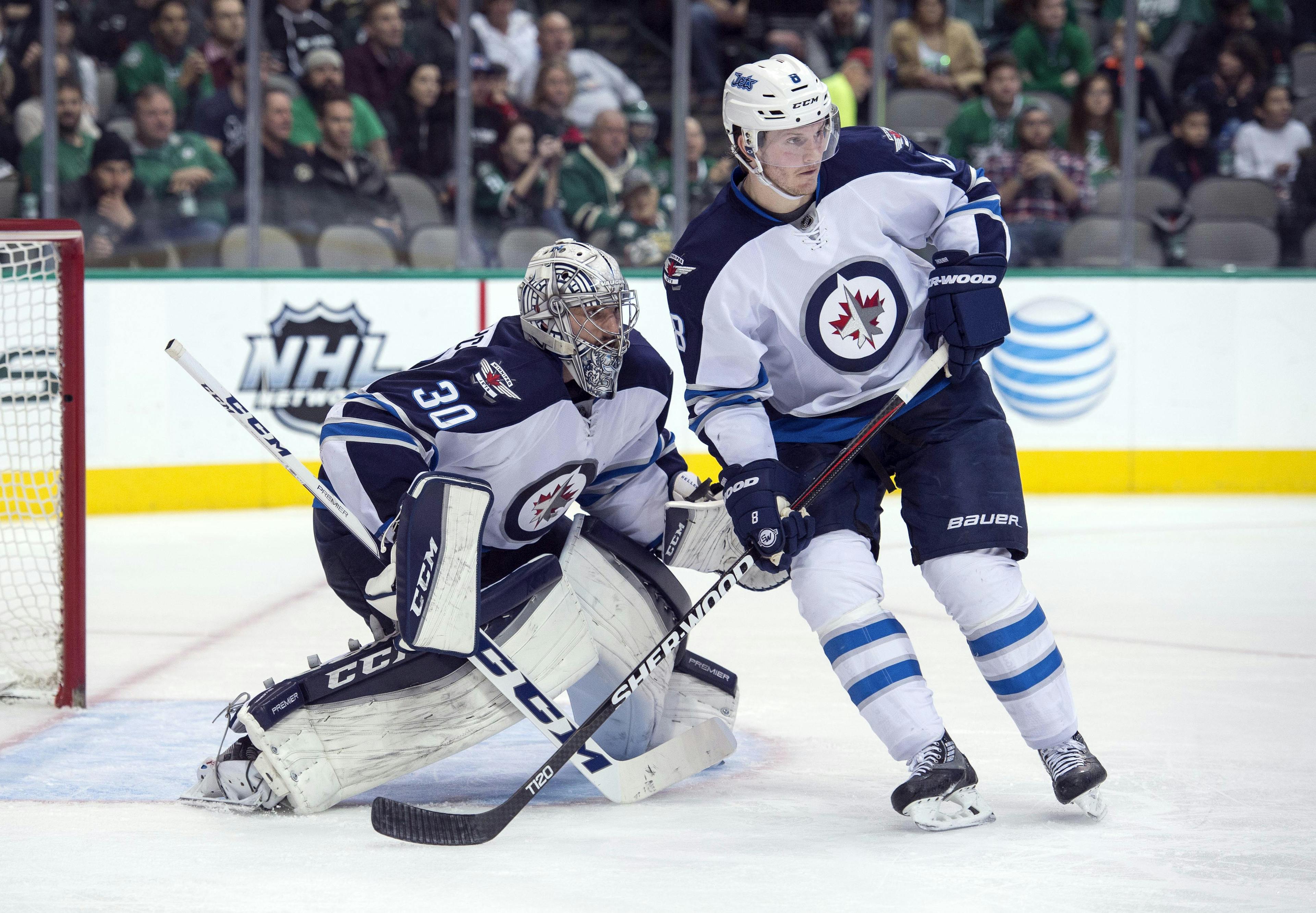
By KB
5 years agoKevin Cheveldayoff is now on the clock. With the recent release of the arbitration hearing dates, there isn’t much time for Cheveldayoff to work out a deal with the pending RFAs. Even though the vast majority of RFAs sign a contract before their hearing, it will be tough for Cheveldayoff given the condensed schedule for all of the meetings. The arbitration dates run from July 20 to August 4, but all of the Winnipeg Jets are scheduled before the end of the month with Dano being last on July 30th.
Over the past two seasons a total of 55 players have filed for arbitration but only one contract (Nate Schmidt) was actually decided by the independent arbitrator. This means that all of the Jets players will most likely sign a deal before their hearing even beings. With Hellebuyck recently signed, it leaves four others on the list with a deadline looming. The only thing left is to examine is the likelihood they go through with arbitration, and what the new contract will look like.
Jacob Trouba – likelihood of going to arbitration, 25%
There is both good and bad with having Trouba as the first possible arbitration date. On one hand this is a good thing because Trouba’s contract will be the highest value which means the Jets will be able to plan the rest of the budget as soon as possible. On the other hand, given the issues of two years ago, it would have been nice for Cheveldayoff and Trouba to have some extra time to work out a deal before the potential hearing.
Given the history of the NHL and their arbitration proceedings there is a good chance that Trouba signs a new contract before July 20. The deciding factor in all of the proceedings is whether or not Trouba actually wants to play in Winnipeg. If he does, there is no reason to go through arbitration, as they can only award a maximum of a two year contract. The Jets on the other hand can offer him a long term deal, most likely six or seven years which would cover the prime of Trouba’s career. A long term deal would cover Trouba’s best seasons as well as a few years of UFA eligibility which would come at a premium. For this reason, Trouba might sign slightly higher than most people expect, but should still be near the $6-6.5 million mark.
Trouba is set to be the Jets number one defensemen of the future as Byfuglien is nearing the end of his prime playing days. Trouba will get his opportunity within a few seasons and will most likely see more power play time. A common misconception is that Trouba struggles to produce offense and is turning into a one-dimensional player. This is nowhere near the case as Trouba’s point totals are dragged down by his lack of power play time. When looking at his 5 on 5 scoring rates it becomes clear that #JacobTroubaCanActuallyScore.
Adam Lowry – likelehood of going to arbitration, 15%
The key to Adam Lowry’s contract is going to be the term. He is not the type of player who is going to be rewarded with a long term deal of 6 or more years but he is someone who could easily get a four year deal. If the Jets only wanted a one or two year deal for Lowry they would run into trouble when his next contract is ready to be signed. With the cap crunch being magnified next season with Laine and Wheeler getting new deals, the Jets might not be able to afford Lowry, especially when buying some of his UFA years if they were to sign him again in one years time. For this reason it would be nice to have Lowry locked in at a decent rate for the next four years.
As for Lowry’s perspective, he should try to take the longest term with the most guaranteed money possible because he plays a physical style that may be hard to maintain as he ages. He should try to maximize his value now which is why arbitration doesn’t make sense. The Jets are most likely willing to pay similarly to what an independent arbitrator would rule anyways so Lowry should be expected to sign a new deal around three to four years around $2.5-3 million.
Brandon Tanev – likelihood of going to arbitration, 15%
For a player who has a career high of eight goals and eighteen points, there is no reason to go to arbitration. Almost every player similar to Tanev is between the league minimum and $1 million. Tanev does a lot of things well, he skates hard, draws penalties, and can forecheck relentlessly, but he is still a fourth line player who needs to be paid as such.
Tanev would most likely not gain anything from going to arbitration so he will most likely sign a one or two year deal that is worth slightly under $1 million per year.
Marko Dano – likelihood of going to arbitration, 35%
While Tanev might have nothing to gain from arbitration, Dano might have nothing to lose. For a player that can’t seem to crack the lineup, his value is not much more than the league minimum. Although he wouldn’t have a great case at arbitration he could point out his misuse and that he has actually scored at similar rates to some of the players who routinely get in the lineup. There really isn’t much to lose for Dano because the Jets are most likely going to sign him to another short term deal anyways with very little value.
That being said, why go through with arbitration if the end result will end up being similar? That will be up to Dano. If he thinks he can get slightly more through an arbitrator then he might take his chances. If he does choose to sign first then he will most likely be around $900k for one or two seasons.
Recent articles from KB

